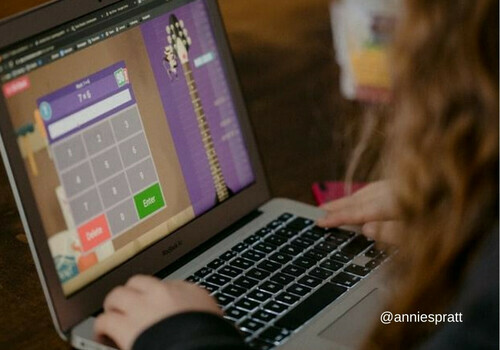After a crushing disappointment, it became almost a miracle.
The broadcast journalism grad students from Syracuse University were supposed to spend the summer of 2020 in Washington, D.C. With media credentials dangling from their necks, they’d chase down interviews and comingle in our pop-up newsroom like network correspondents. Then, as for countless other students, their dreams were dashed. Because of the pandemic, the program would be all online.
But they rose to the challenge. Students pitched stories on Slack, did interviews on Zoom, and wrote scripts in Google Docs. We on the faculty fine-tuned the video and audio of their news reports with the powerful Frame.IO. We got the job done.
Although I’ve been wary of digital fixes in the past, I’m the first to admit: our program was saved by technology.
As the world heads into the first full school year of the pandemic, digital teaching tools will be crucial, especially since more than half of U.S. K through 12 schools expect not to return to a physical classroom. “We have to demand that the internet is a public utility and that it is installed for families that don’t have access,” says Merrie Najimy, President of the Massachusetts Teachers Association.
Yet, last spring’s quick switch to online learning has largely been deemed a failure—and kids are still feeling the pain. Pediatricians across the U.S. report an unprecedented number of patients with anxiety and depression borne by disrupted school and home routines.
So what’s a parent to do?
Luckily, we’ve learned from our mistakes. Based on the hard won experience served up on Zoom by boots-on-the-ground parents and education experts, here are 12 ways parents can help their kids do school better:
Continue reading →






